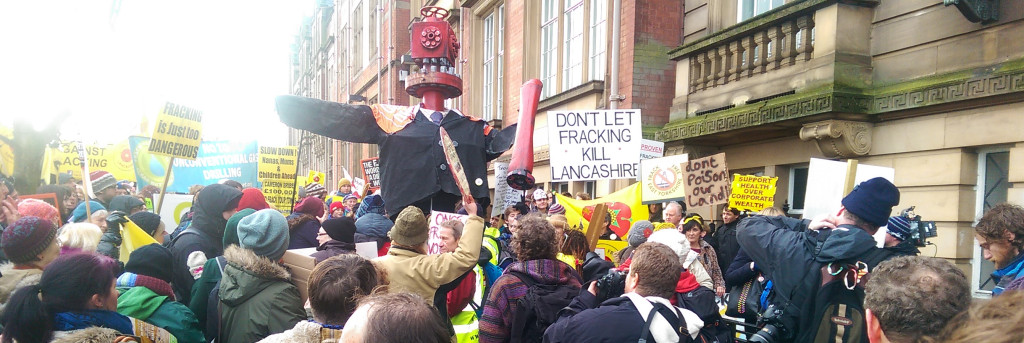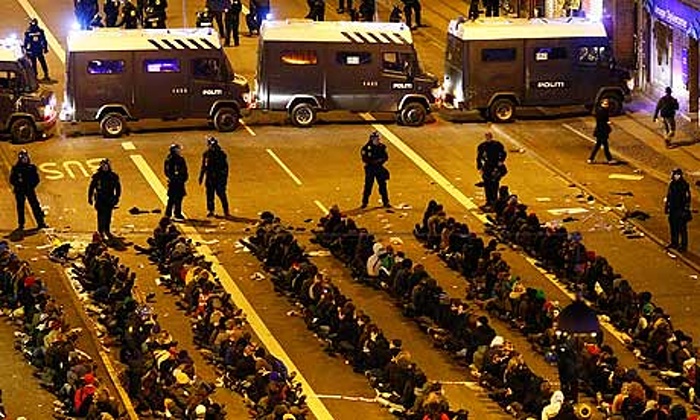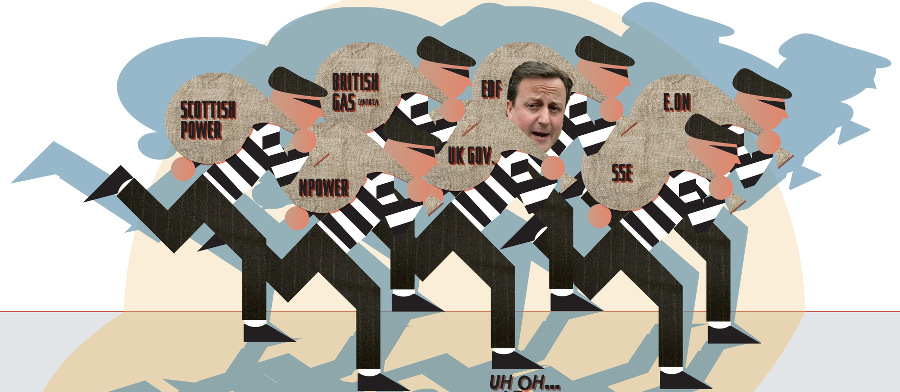In the run-up to the COP in Paris this December . . . have you ever wondered what the “COPs” are?
It stands for Conference of the Parties, the parties charged with preventing the disasters of climate change becoming an apocalypse. And who are these “parties”?
Not the Vanuatu fishing people whose homes have been wiped out by the biggest cyclone ever, not the people dependent on the polar ice, not the African farming families facing famine from unprecedented droughts, the New York and New Orleans ghetto dwellers left stranded after hurricanes Sandy and Katrina, the UK householders still waiting for insurance for their flooded homes, not Zane Gbangbola’s parents who lost their beautiful seven-year-old son in one of those floods, not the present generation of children all over the world, who are facing a future corrupted and cut short in the most unimaginable ways. 
No.
The “parties” are governments and UN agencies who have steadily provided the financial, physical, and social infrastructure for the world’s economies, these same economies that have produced and are producing run-away carbon emissions.
The “parties” are the ones who, when the banks ran into trouble, suddenly found the trillions that they’d said didn’t exist, who bailed out not only banks but the industries causing climate change – but, who, when the very earth is threatened, cannot come up with the relatively small sums necessary to insulate our homes against the cold and stop us all wasting energy, to build a private transport system that would wipe out the need for cars, to fund the urgent transition to renewable energy sources.
The “parties” are the stakeholders in climate change; and the “conferences” carve up the world’s resources and find new financial instruments to maintain business as normal while giving it a brand new polish and shine.

And the “parties” are the states that maintain and wield the police and military forces which are always around the corner for whenever people rise up against climate change, against fracking, oil and other pollution disasters, nuclear radiation, or against hunger and wars.
They are waiting round the corner for us in Paris.
These are the COPs.
Who are the Robbers?
The robbers are the multinational companies whose amassed wealth comes from their investment in fossil fuels – in oil, gas, and coal. The companies so powerful that wars are fought and millions of lives are sacrificed for their “interests”.
The companies that, as fossil fuels become scarce and hard to reach, just plough in more millions to tap for oil in deep water, to scrape away earth from a pristine region the size of England for tar sands, and now, in Britain, plan to frack this beautiful populous island from the leafy south to the “desolate”, “uninhabited” northeast, even right under our homes.
The companies which, all in it together, fix the prices for the fuel we need to heat these homes, at a level which leaves around 10,000 to die each year from fuel poverty – 15,000 last winter — and charge you even more through a prepayment meter if you then get into debt.
The industry that, according to figures from the IMF, benefits from worldwide subsidies of $10 million every minute, that is running so scared of the threat of renewables that here in the UK they have wrangled capacity payments to keep their profits on tap when the wind and sun are making their power unnecessary, and have negotiated a sky-high “strike price” for electricity to make sure that Hinkley turns a nuclear profit even when renewables would be cheaper.
The companies that are failing their obligations to insulate homes, obligations which they add extra money onto our bills for, failing because if we stopped wasting 1/3 of our heat through our walls and roofs and floors, we wouldn’t need their bloody capacity to keep the lights on.
And the robbers are the private and social landlords that soak up people’s wages – and tax money, paid through benefits – for their exorbitant rents, while refusing to even draughtproof houses or replace inefficient boilers.
The robbers are the rail companies that set prices so high that it’s cheaper to drive from the north to the south of England than to occupy one seat on a train that is going there anyway; the aviation industry – exempt from taxes everyone else pays on fuel – that is contributing massively to UK carbon emissions while destroying the health and nerves of people who live near an airport.
The robbers are the private companies now running schools and hospitals, judging which of us is disabled, sending us off, without wages, to stack shelves in supermarkets for a welfare payment so miserable that many commit suicide.
The robbers are the firms that pay wages so low that many people doing full-time jobs must top them up through benefits – trillions in tax payers’ money being channeled straight to low paying and zero hours employers and then blamed on so-called scroungers.
In fact, more and more, industry, transport, housing, retail, and banks have become part of a giant funnel draining the world’s resources and the fruits of all our labour into fewer and fewer hands. And those hands invest our accumulated money in creating climate change, not in preventing it.
These are the robbers.
In this movie, the movie of our lives, the COPs and the robbers are in it together. They smile at each other as they pass in the revolving doors between their corporate board rooms and government departments. They laugh together in the swimming pools of their exclusive hotels, and over cocktails at international conferences. And sometimes, they are the same people.
The last major COP was in Copenhagen in 2009. Thousands of people went to the city determined to let the “parties” know that we would not tolerate anything less than real action to stop the juggernaut. Some went into the conference to lobby. They were ignored. Others took action in the streets outside. They were beaten up by the Danish police, forced to sit on the freezing ground for hours, and in many cases, arrested.

At the same time, information was “revealed” to cast doubt on climate change statistics and make it a subject for debate, not action. The movement to try to stop climate change suffered a body blow from which it has taken years to recover.
Now the reality of climate change is as far beyond question as the health effects of smoking cigarettes, which were similarly called into question by the very same PR agents. We know more and we have regrouped. Many of us have spent the intervening years confronting, blockading, and in some cases winning against the robbers – holding back oil pipelines, preventing fracking, battling for divestment, protecting indigenous people’s and other people’s land, exposing the farce of carbon offsets and carbon trading.

